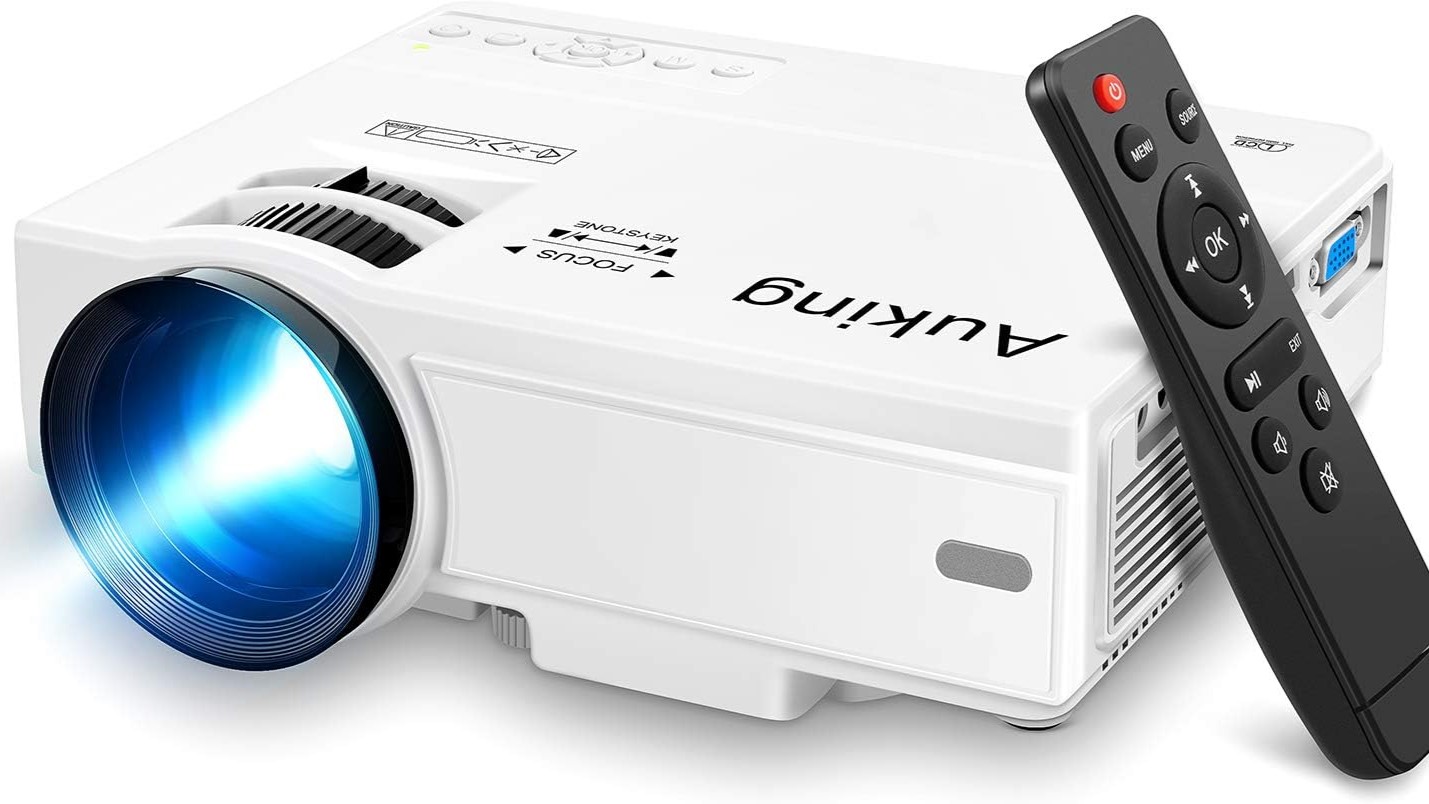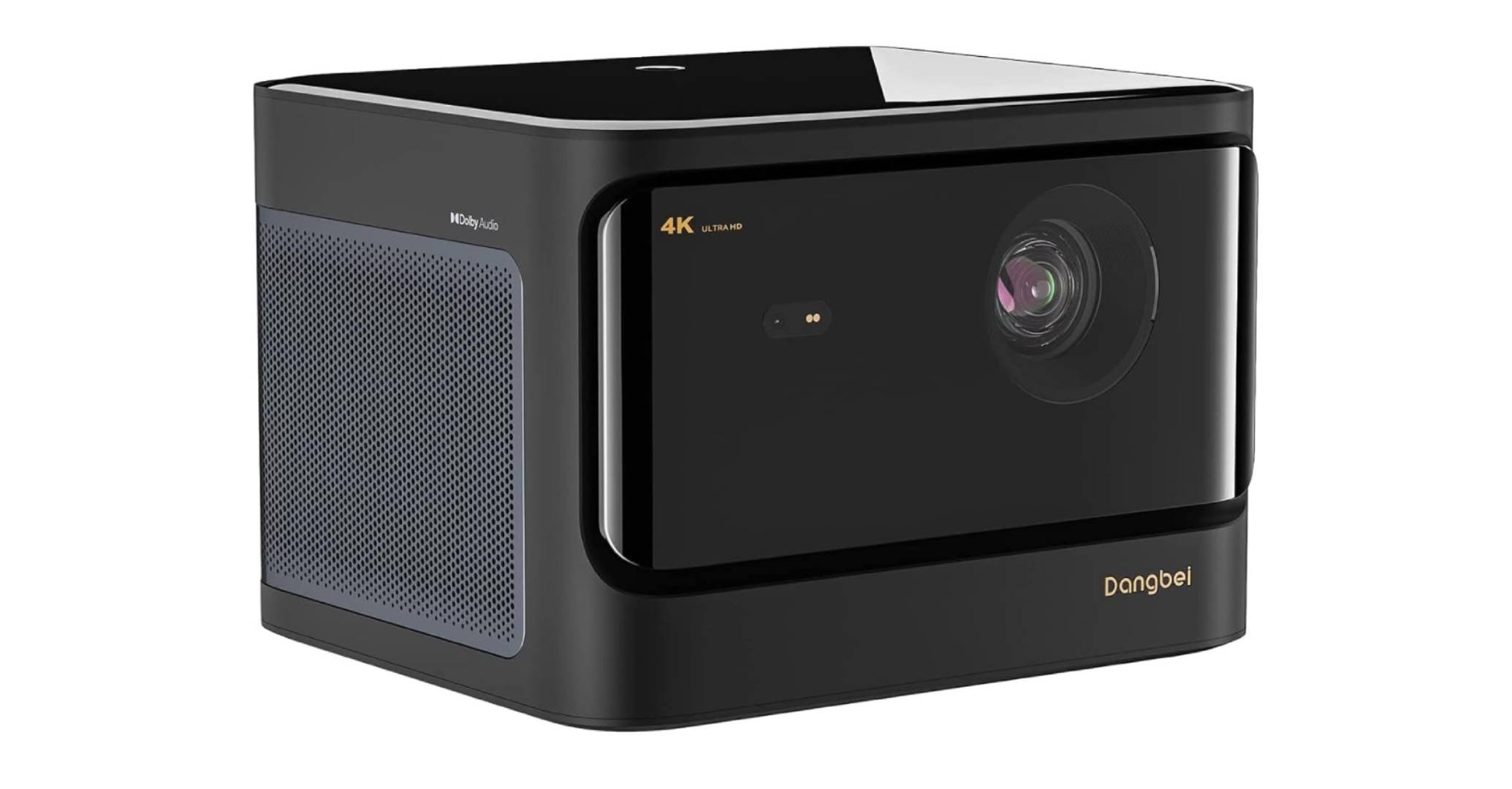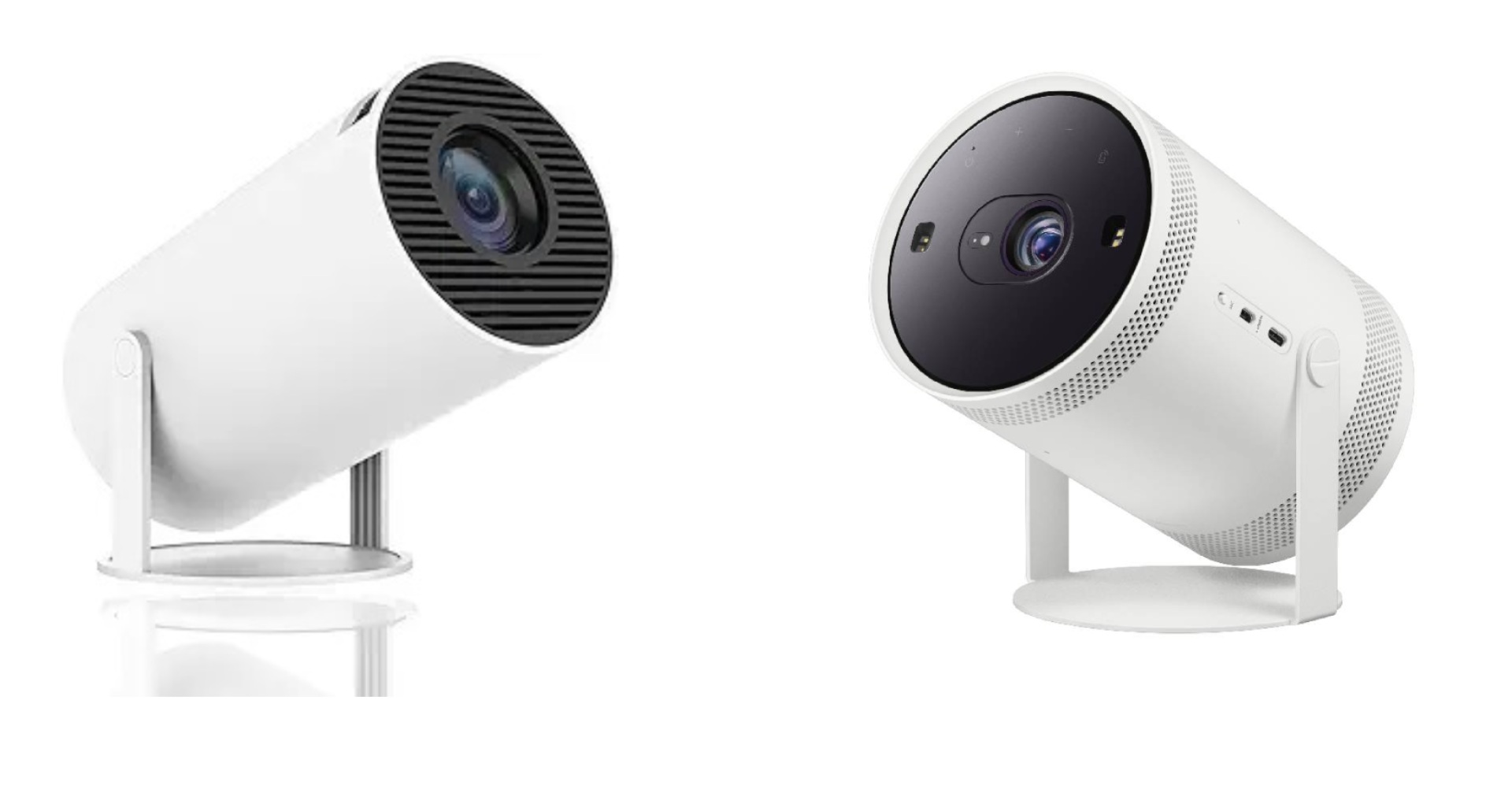Amazon is filled with cheap projectors – are they worth it?
Check those projector specs!

Sign up for breaking news, reviews, opinion, top tech deals, and more.
You are now subscribed
Your newsletter sign-up was successful
The next time you visit Amazon, while shopping for candle warmer lamps or whatever it is you have an urgent need to buy, type “projector” into the site’s search bar and filter the results for Best Sellers. You will see a list of projectors mostly from brands you’ve never heard of, with some selling for under $100. Many of these claim 1080p or even 4K support alongside high brightness, with 9,500 lumens being a common spec. Wait… are those specs real?
The best 4K projectors typically cost $2,000 and up, with top models such as the JVC DLA-NZ8 selling for $14,000. Home theater fans who have done their homework understand they will need to invest a fair amount of cash in a projection setup, and they also expect that any model they buy will match its published specs when it comes to resolution, brightness, and other performance parameters.
Amazon, however, is the Wild West when it comes to projectors. Just because a cheap projector is listed as 1080p or 4K doesn’t mean it will have that resolution. And as far as brightness goes, the 9,500 lumens listed for a $57 projector is the kind of brightness spec you’d more typically see for projectors priced at $15,000 and up that are used for large venues such as concert halls or auditoriums. There’s clearly a reality disconnect going on in Amazon’s projector listings, though you understandably might not know it when that same $57 projector is labeled as “Amazon’s Choice: Overall Pick.”

Epson to the rescue
Projector manufacturer Epson has been vigilant about taking cheap projector makers to task for false brightness claims. Recently, the company sued projector brand AuKing, an Amazon selling partner, which was found liable of “unfairly competing by using false, deceptive, or misleading statements of fact that misrepresent the nature, quality and characteristics of its projector products,” and ordered to pay more than $500,000 in damages.
At the heart of Epson’s complaint is an AuKing projector sold on Amazon and advertised as having 9,500 lumens brightness, which when subjected to third-party testing turned out to have a measured lumens less than 1% of that claimed brightness.
In a press release detailing the court’s decision, Mike Isgrig, vice president, consumer sales and marketing, Epson America, stated: “As an ongoing issue, brands that are falsifying lumen claims are not only hurting the end-user experiences of consumers, but also the overall perception of projection viewing, damaging the industry as whole. The highly inaccurate lumen claims provided by AuKing is an example of gross negligence on the part of a brand and its commitment to truth in advertising.”

Amazon’s Choice(s)
AuKing isn’t alone in listing dubious specs on Amazon. When looking through the projector Best Seller list, you’ll see other models in the $60 price range claiming “9,500 lumens”. Resolution is another gray area, with “1080p support” and “4K support” applied in a vague and seemingly random manner. But what are you actually getting when the projector arrives and you take it out of the box?
Sign up for breaking news, reviews, opinion, top tech deals, and more.
There are also numerous knockoffs of the Samsung The Freestyle (see picture above), the top pick in our best portable projectors buyer’s guide, in Amazon’s listings, all of them selling for less than $100. (The current real version of The Freestyle sells for $799.) But that’s a different can of worms entirely.
Epson’s vigilance in fighting misleading brightness claims goes beyond targeting unknown, off-brand projector makers. It has also lodged complaints against Vava, XGIMI and Anker, forcing each company to lower brightness specs for specific models as part of a settlement. Epson’s most recent lawsuit involved Dangbei, which was forced to lower the spec for its Mars Pro 4K laser projector from 3,200 lumens down to 1,800 lumens, which is a substantial brightness difference. The Mars Pro 4K sells for $1,599 and exists in a highly competitive portable 4K projector space with BenQ, XGIMI, and others, so getting accurate specs for those models is a crucial factor for prospective buyers.
You don’t have to pay $14,000 to get a good projector, but if you’re serious about quality and want a bright 4K-resolution picture, you can expect the price to be in the thousands of dollars rather than the under-$100 range. Just because something is a “Best Seller” on Amazon doesn’t make it good. With any low-price projector, the brightness will be modest at best, and other factors like picture contrast, resolution, and color accuracy will be similarly compromised. Sorry to be the bearer of bad news, but buying a super-cheap projector on Amazon, even an Amazon Overall Pick, isn’t worth it.
You might also like

Al Griffin has been writing about and reviewing A/V tech since the days LaserDiscs roamed the earth, and was previously the editor of Sound & Vision magazine.
When not reviewing the latest and greatest gear or watching movies at home, he can usually be found out and about on a bike.